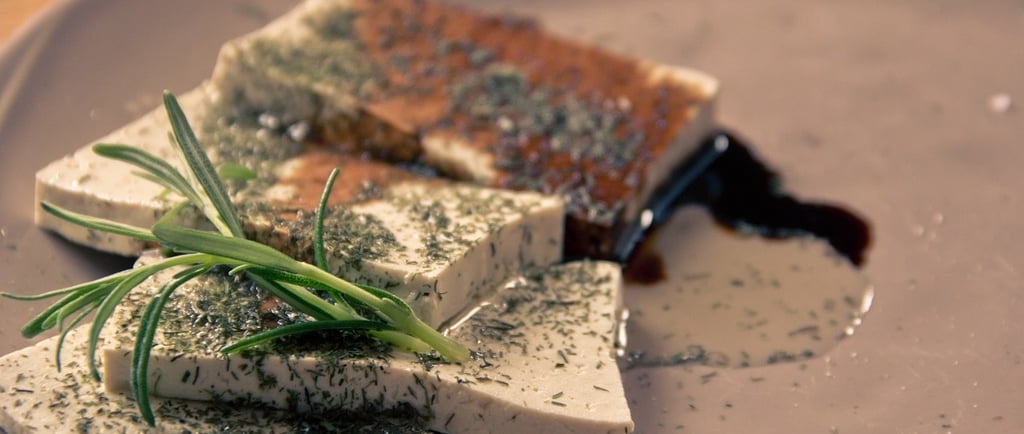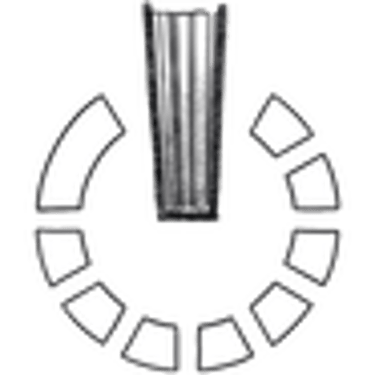Is Soy Bad For You?
Debunking soy myths-- discover why soy doesn’t mess with your hormones, despite the "manboobs" hype, and how phytoestrogens in plant-based diets actually protect your health.
Tejnoor
4/3/20212 min read


Can anyone actually explain why?
The number one reason you hear soy is bad for you will be along the lines of soy having estrogen in it, or increasing your estrogen level. And while it's disturbing how often we hear this coming from the mouths of doctors, nutritionists, and fitness experts, it's the male bodybuilders you hear it from the most: soy gives you manboobs.
First things first, does soy have estrogen in it? No. It's an oversimplified statement that isn't only oversimplified, but also untrue. Soy has phytoestrogen in it, which is not estrogen.
Phytoestrogens are plant-based compounds which it is said the body treats like estrogen when consumed.
However, it has been shown again and again that soy neither increases your estrogen level, nor decreases your testosterone. While testosterone can fluctuate for a variety of reasons, in some situations, the research actually shows an increase in testosterone.
Soybean isoflavone exposure does not have feminizing effects on men: a critical examination of the clinical evidence
2010 Meta analysis indicates both isoflavone supplements and isoflavone-rich soy had no impact on men's testosterone or estrogen levels. Sperm/semen was unaffected and there was no link to erectile dysfunction. Bodybuilder Brian Turner also made a video experimenting with the consumption of greater than 1lb of soy per day for a month and his blood work showed an increase in testosterone.
Not only does phytoestrogen not harm our hormonal levels, it actually protects our bodies. This only makes sense considering how rich plant-based diets are in phytoestrogen. Where are we told to turn in order to get all our micronutrients and keep ourselves healthy from diseases? Lots of plants.
Protective Effects of Dietary Phytoestrogens in Chronic Renal Disease
How phytoestrogens protect us against kidney disease. The poor rats >_<
Phytoestrogens and Cardiovascular Disease
This is self-explanatory.
A Commentary on Phytoestrogens and Disease
A quick google search on phytoestrogen will tell you it's good for you. The bias in anti-soy articles talking about phytoestrogen is too often so heavy that I'm surprised people take it seriously. In their lists of phytoestrogen containing foods, they will list multiple types of soy products even though they already have a legumes/beans category and don't feel the need to specify any others. Plant-based diets are rich in phytoestrogen: grains, commonly consumed fruits and vegetables (potatoes, carrots, apples), and coffee (yes! Coffee). If phytoestrogen were seriously messing with our hormones, don't you think a vast number of people would be dealing with hormonal imbalances despite avoiding soy?
All the arguments made to perpetuate the myth of soy being bad for you actually have virtually nothing to do with soy. The three most common issues with soy:
1. It messes with your hormones.
We've already addressed this above.
2. Soy products are heavily processed.
So are many other foods. Soybeans on their own are a whole food.
3. Tofu is genetically modified.
Just like other organics and non-gmo products, it's possible to buy non-gmo tofu. Again, it's a processed soy product, not soy.
So next time you hear someone say soy is bad or that it messes with your hormones, call them out on it. Whether they're a nutritionist, doctor, fitness expert, challenge their statement using the points listed above.
Achieve
Transform your fitness with personalized coaching today.
CONTACT
Thrive
one@tejnoor.com
© 2025. All rights reserved.
